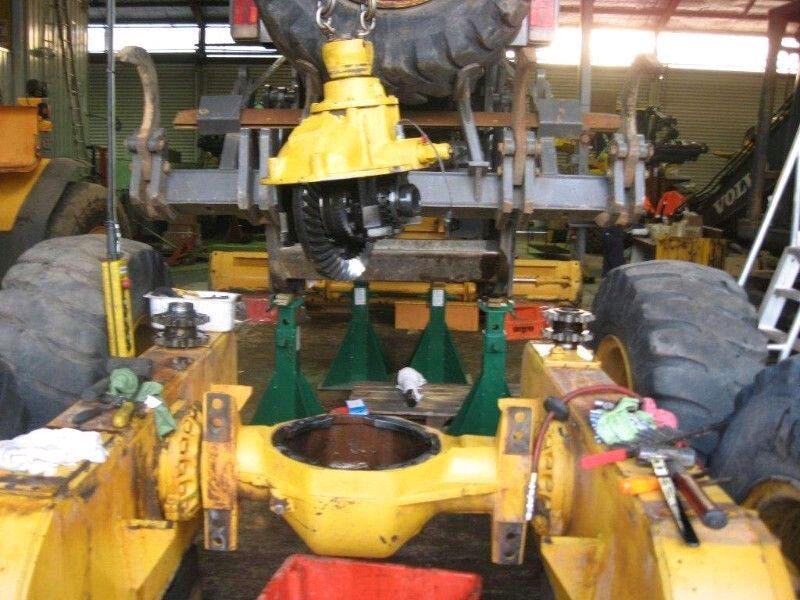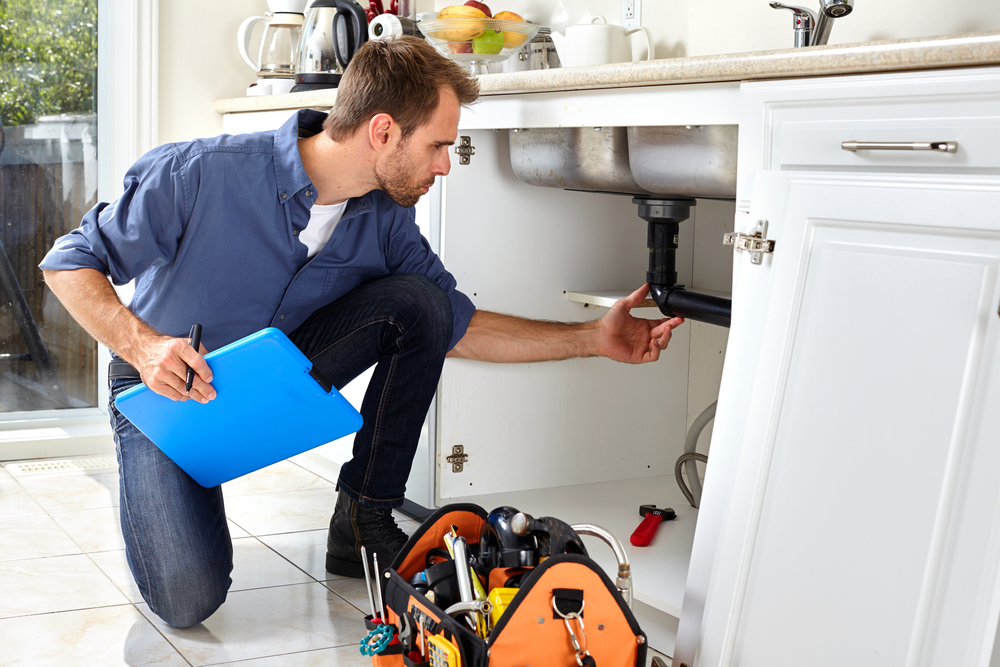Experience the Benefits of Residential Water Softener Installation

Installing a residential water softener can have numerous benefits for your home and overall quality of life. Whether you’re looking to improve the health of your skin and hair or save on energy and household expenses, a water softener can make a significant difference. Additionally, the environmental benefits of water softening and the enhancement of drinking water quality are often overlooked but equally important considerations. In this comprehensive guide, we will delve deep into each of these aspects, providing you with extensive insights and information to help you make an informed decision about installing a water softener in your home.
- Improved Water Quality for a Healthier Home
Your home’s water quality plays a crucial role in the health and well-being of you and your family. Hard water, which contains high levels of minerals such as calcium and magnesium, can have detrimental effects on the skin, hair, and even your plumbing system. By installing a water softener, you can mitigate these issues and enjoy numerous benefits.
1.1 The Importance of Softened Water for Your Skin and Hair
Softened water is gentle on the skin and hair, making it an excellent choice for daily hygiene routines. Unlike hard water, which can leave a residue on the skin and lead to dryness and irritation, softened water helps to retain moisture, leaving your skin feeling smooth and nourished. Soft water can also prevent hair damage and make it easier to manage, giving you healthier and more vibrant locks.
1.2 Protecting Your Plumbing System with Softened Water
The minerals present in hard water can accumulate over time and cause damage to your plumbing system. These deposits can clog pipes, reduce water flow, and even lead to costly repairs. By using softened water throughout your home, you can prevent the buildup of minerals and extend the lifespan of your plumbing system, saving you money in the long run.
1.3 Reducing Soap and Cleaning Product Usage with Soft Water
Hard water can interfere with the effectiveness of soaps and cleaning products, requiring you to use more than necessary to achieve satisfactory results. This not only leads to increased expenses but also contributes to environmental waste. With softened water, you’ll find that soaps and cleaning products lather more easily and work more efficiently, allowing you to reduce your usage and minimize waste.
- Savings on Energy and Household Expenses
Swapping hard water for soft water has the potential to generate substantial savings on energy and household expenses. From reducing energy consumption and extending the lifespan of appliances to decreasing maintenance costs and plumbing repairs, a water softener can be a wise investment.
2.1 Lowering Energy Consumption with a Water Softener
Hard water can lead to the buildup of mineral deposits in appliances such as water heaters and dishwashers, making them less energy-efficient. With a water softener, these deposits are prevented, allowing your appliances to operate at their full potential. As a result, you’ll notice a decrease in energy consumption, leading to lower utility bills and a lighter environmental footprint.
2.2 Extending the Lifespan of Appliances and Fixtures
Mineral deposits from hard water can cause appliances and fixtures to wear out faster, leading to costly replacements. By using softened water, you can prevent this damage and extend the lifespan of your appliances and fixtures. This not only saves you money but also reduces waste and promotes sustainability.
2.3 Reducing Maintenance Costs and Plumbing Repairs
The accumulation of minerals in pipes and plumbing fixtures can easily lead to clogs, leaks, and other plumbing issues. These problems require repairs that can be expensive and disruptive. By installing a water softener, you can prevent mineral buildup and reduce the frequency of maintenance and repairs, ultimately saving you time, money, and unnecessary hassle.
- Environmental Benefits of Water Softening
In addition to the personal benefits, water softening also has positive environmental impacts. From minimizing water waste and reducing household chemical usage to protecting our valuable natural resources, water softening systems play a vital role in sustainable living.
3.1 Minimizing Water Waste with a Water Softener
The effectiveness of soaps and cleaning products is enhanced when using softened water, allowing you to use less water overall. The reduced need for excessive rinsing ensures that less water is wasted, helping to conserve this precious resource. By reducing your water consumption, you are not only playing a part in environmental preservation but also saving on water bills.
3.2 Reducing Household Chemical Usage with Softened Water
Hard water often requires the use of additional chemicals and cleaning agents to achieve satisfactory results. By using softened water, you can minimize the need for these chemicals, creating a safer and healthier living environment. Furthermore, it reduces the discharge of harmful chemicals into the environment, promoting ecological balance.
3.3 Protecting Natural Resources with Water Softening Systems
Water softening systems help to protect our natural resources by reducing the demand for new appliances and plumbing fixtures. By extending their lifespan through the prevention of mineral buildup, less waste is produced and fewer resources are needed for manufacturing. This, in turn, conserves energy and minimizes the environmental impact associated with the production and disposal of these goods.
- Enhancing the Taste and Quality of Drinking Water
Last but not least, installing a residential water softener can greatly enhance the taste and quality of your drinking water. From removing hard water minerals to improving the health benefits of water and enhancing the flavor of beverages and cooking, softened water can make a significant difference in your everyday life.
4.1 Removing Hard Water Minerals for Better Taste
Hard water can have a distinct taste that many find unpleasant. By removing the minerals that cause water hardness, a water softening system can significantly improve the taste of your drinking water. Enjoy a refreshing glass of water without any unwanted flavors or aftertaste.
4.2 Improving the Health Benefits of Drinking Water
Water is essential for our overall health and well-being. Softened water is free from the minerals that can potentially interfere with the absorption of essential nutrients. By drinking softened water, you can maximize the health benefits and ensure your body receives the hydration it needs.
4.3 Enhancing the Flavor of Beverages and Cooking
The taste of beverages and the flavors of food can be enhanced by using softened water. With the removal of hard water minerals, you’ll notice a significant improvement in the quality and flavor of your coffee, tea, soups, and other culinary creations. Say goodbye to dull and lackluster flavors and experience the true potential of your favorite beverages and dishes.
By considering the extensive benefits of residential water softener installation, you are taking a step towards optimizing the quality of your home’s water supply and improving various aspects of your daily life. From healthier skin and hair to long-term cost savings and environmental conservation, the advantages are undeniable. So why wait? Invest in a water softening system today and start experiencing the transformative benefits it can bring.
FAQ
Question: What is a water softener? – A water softener is a device that removes minerals, such as calcium and magnesium, from hard water to improve its quality.
Question: How does a water softener improve the quality of water? – A water softener removes the minerals that cause water hardness, which can have negative effects on the skin, hair, and plumbing system.
Question: What are the benefits of using softened water on the skin and hair? – Softened water is gentle on the skin, helps retain moisture, and can prevent hair damage, leaving the skin smooth and nourished and the hair healthier and more vibrant.
Question: How does using softened water protect the plumbing system? – By preventing the buildup of minerals, softened water extends the lifespan of the plumbing system, reduces the risk of clogs and reduced water flow, and saves money on costly repairs.
Question: How does using softened water reduce soap and cleaning product usage? – Softened water lathers more easily and works more efficiently with soaps and cleaning products, allowing for reduced usage and minimized waste.
Question: How does using a water softener lower energy consumption? – Mineral deposits from hard water can make appliances less energy-efficient. By preventing these deposits with a water softener, energy consumption is decreased, resulting in lower utility bills and a lighter environmental footprint.
Question: How does using softened water extend the lifespan of appliances and fixtures? – Mineral deposits can cause appliances and fixtures to wear out faster. Using softened water prevents this damage, leading to cost savings, reduced waste, and increased sustainability.
Question: What are the environmental benefits of water softening? – Water softening minimizes water waste, reduces household chemical usage, and protects natural resources through the prevention of mineral buildup and the conservation of energy and materials.












